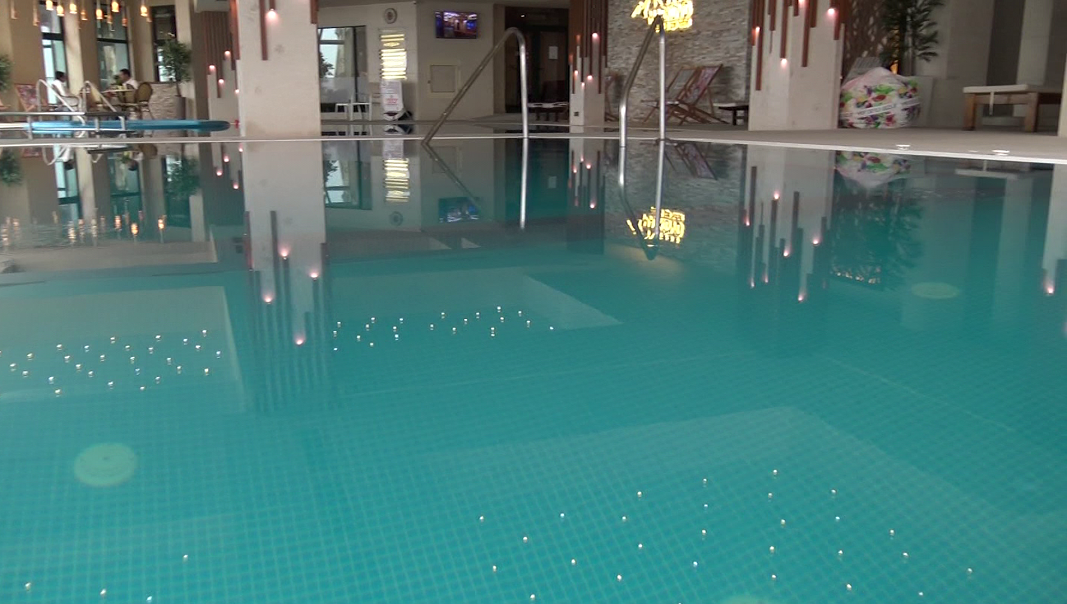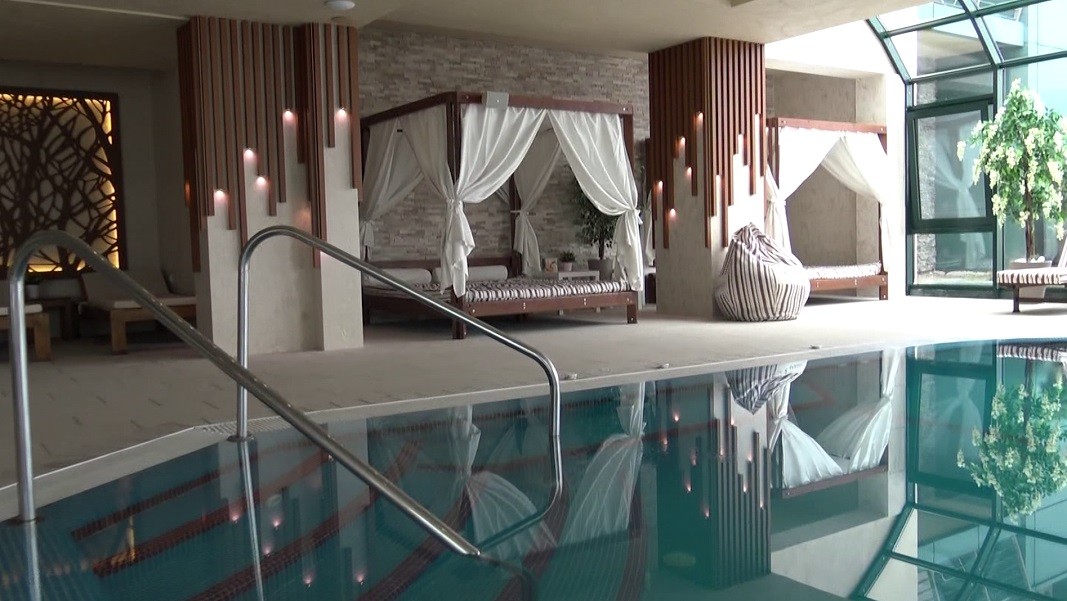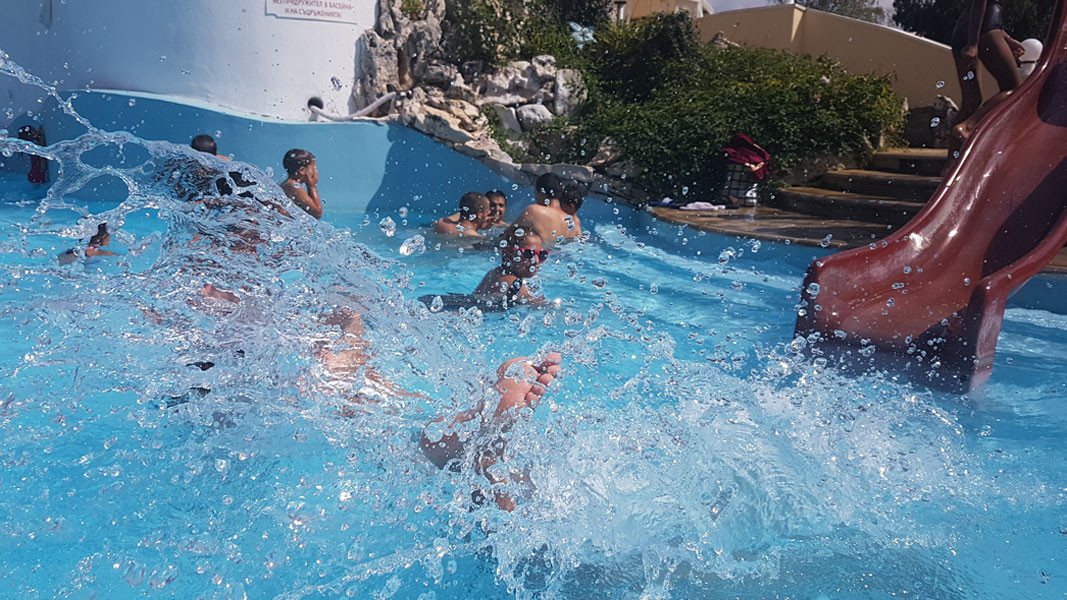Since ancient times Bulgarian lands have been famous for their healing mineral springs, whose beneficial effect was appreciated by a number of Roman emperors. Nowadays, Bulgaria is among the leading countries in Europe in terms of water sources with natural mineral and spring water of exceptional quality for both drinking and treatment of a lot of conditions.
Over 500 mineral springs with temperatures between 37 and 100 degrees Celsius, fresh air, captivating nature, mild climate, delicious food and affordable prices - all this attracts foreign tourists to choose Bulgaria as their holiday destination. Unfortunately, planning the long-awaited vacation has proved more difficult this summer due to the coronavirus pandemic, which has put the Bulgarian tourism industry to the test with yet unclear consequences.

However, albeit slowly, the sector is starting to get back on its feet, aiming to attract people to spend their holidays at home. However, how will the lack of foreign tourists affect spa tourism and how will the losses be compensated? Siyka Katsarova, chairwoman of the Bulgarian Union of Balneology and Spa Tourism, hopes foreign markets will "gradually start to move".
"Spa tourism in the interior of the country is completely dependent not only on the Bulgarian but also on the Israeli market”, she continues. “In the summer in the resorts of Devin, Hisarya, Kyustendil we mainly work with tourists from Israel, but this market is not yet allowed and the first tourists will arrive no earlier than August 1. It is important to emphasize that this year senior citizens will not travel. According to information from tour operators, 2020 is excluded for prevention and rehabilitation of people over 70 years of age. "
If Israeli tourists arrive in Bulgaria, it will be more likely young people or families with small children who do not belong to the risk group. But they will not be able to compensate for losses in the industry.
"Hoteliers are aware that this year they will work at reduced capacity”, says Siika Katsarova. “The requirements are for the hotel room to be vacated and disinfected, as well as no new guests to be accommodated in it for the next 24 hours. Everyone realizes that they will work incurring losses and, God forbid, reach the critical zero so that they can congratulate themselves on a successful season.”

Without the help of the state and programs aimed at tourism, a number of businesses will not survive, Siyka Katsarova firmly says. Therefore, the measures proposed by the Ministry of Social Affairs to support employment will be particularly important, as they are expected to help a number of jobs survive in areas where tourism is a major livelihood. According to the President of the Union of Balneology, SPA hotels in Bulgaria are a safe place for a stay and complete rest, in which the balneological procedures and the use of the facilities are carried out under strict rules.
"The staff must work with masks, spa centres and swimming pools are disinfected according to protocol”, she added. “The steam baths are not open, the salt rooms and the Turkish hammam are allowed only for individual use, a certain number of people enter the thermal pool at the same time. The sunbeds are located at a distance of one and a half metres and customers are advised to wear masks for certain procedures. There are a lot of restrictions, but it’s all in the interest of the clients.”

Last year, Bulgaria was included in the list of health insurance companies on the German health insurance market. The goal is to increase the number of German tourists in Bulgaria for balneological and spa tourism. Their expected number for this year is about 5,000, but Siyka Katsarova is skeptical that it will be reached, although the German tourists normally arrive in Bulgaria mostly in autumn.
The steam locomotive train rides organized by the Bulgarian State Railways (BDZ) on various occasions and holidays for lovers of old trains have become a tradition. The puffing train, which emits a lot of steam and smoke, and its sonorous whistle are..
Sakar, one of the most mysterious and little-known mountains in Bulgaria, is slowly but surely becoming a new destination for sustainable tourism. The area, located between the Eastern Rhodopes and Strandzha Mountain, has remained..
As in 2024, this season's vacancies in the tourism industry will be filled by workers from third countries . According to employers from the Northern Black Seacoast, entire Turkish teams are employed in the kitchens of Albena resort. Workers from..
The steam locomotive train rides organized by the Bulgarian State Railways (BDZ) on various occasions and holidays for lovers of old trains have become a..

+359 2 9336 661
